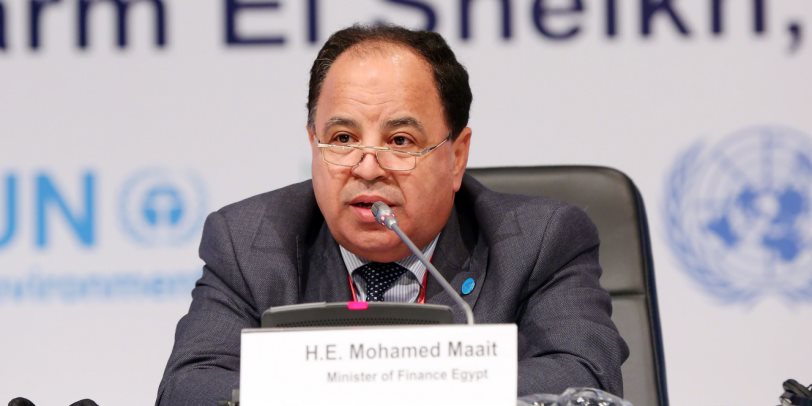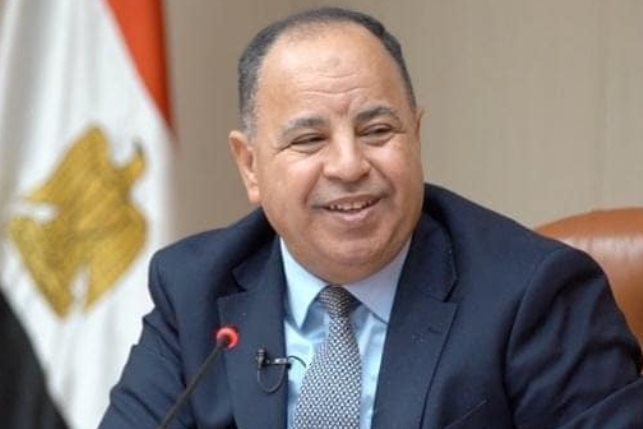Egyptian Min. affirms commitment to balanced structural reforms and social considerations
The Minister underscored Egypt's strong determination for ongoing collaboration with the IMF to maximize avenues for mutual cooperation, aiding in the achievement of developmental, financial, and economic objectives.

Minister of Finance, Mohamed Maait, confirmed that the Egyptian government remains committed to its course of structural reforms through the adoption of well-balanced policies that take into consideration the social aspect. These policies are grounded in fiscal prudence and a proactive approach to addressing the adverse impacts stemming from intricate global crises. This strategy is in line with the pursuit of sustainable growth rates, enabling the country to fortify its capacity to mitigate the severe risks posed by external shocks.
During discussions with Antoinette Monsio Sayeh, Deputy Managing Director of the International Monetary Fund (IMF), and Jihad Azour, Director of the Middle East and Central Asia Department at the IMF, on the sidelines of the IMF and World Bank's annual meetings in Marrakech, Morocco, the Minister underscored Egypt's strong determination for ongoing collaboration with the IMF to maximize avenues for mutual cooperation, aiding in the achievement of developmental, financial, and economic objectives.
Furthermore, he emphasized the Egyptian government's dedication to expanding private sector involvement in economic activities through a comprehensive set of incentives and integrated measures, including the establishment of a robust and flexible infrastructure and the elimination of preferential treatment for state-owned entities and companies, with the goal of promoting equal opportunities and maximizing competitiveness between the public and private sectors.
In addition, the government launched the "State Property Policy Document," aiming to amplify private sector contributions to the gross domestic product. The "Government Offerings Program" was also introduced, making available 35 state-owned companies in 19 economic sectors for increased investment opportunities.
Identified eligible companies scheduled for offering from October 2023 to June 2024 have an estimated value of up to $4 billion. The "Golden License" expedites the initiation of investment projects within the shortest time frame, contributing to the creation of a more stimulating environment for industrial growth, production, and exportation.
The Minister highlighted the positive economic indicators achieved by the country over the past nine years, compared to nearly 43 years ago, despite the substantial and consecutive economic challenges experienced on the global stage.
The ratio of the budget deficit to GDP decreased from 13.8% in the fiscal year 1981/1982 to 6% in June 2023, with expectations of a further decline to 5% by June 2027. The country achieved a preliminary surplus in the fiscal year 2017/2018 and sustained it for six years, reaching 1.6% of GDP in the fiscal year 2022/2023, with the goal of achieving a more substantial initial surplus in the ongoing fiscal year 2023/2024, approximately reaching 2.5%.
The Minister emphasized the government's commitment to advancing the implementation of the public debt management strategy to steer the debt-to-GDP ratios on a downward trajectory by extending the average maturity of the debt and reducing its service cost.
He pointed out the decrease in the debt-to-GDP ratio from 159% in the fiscal year 1980/1981 to 95.7% in June 2023, with the government aiming to reduce it to 75% by 2027. Additionally, the government aspires to diversify funding sources by entering new and diverse markets and introducing accessible and low-cost financing instruments.





